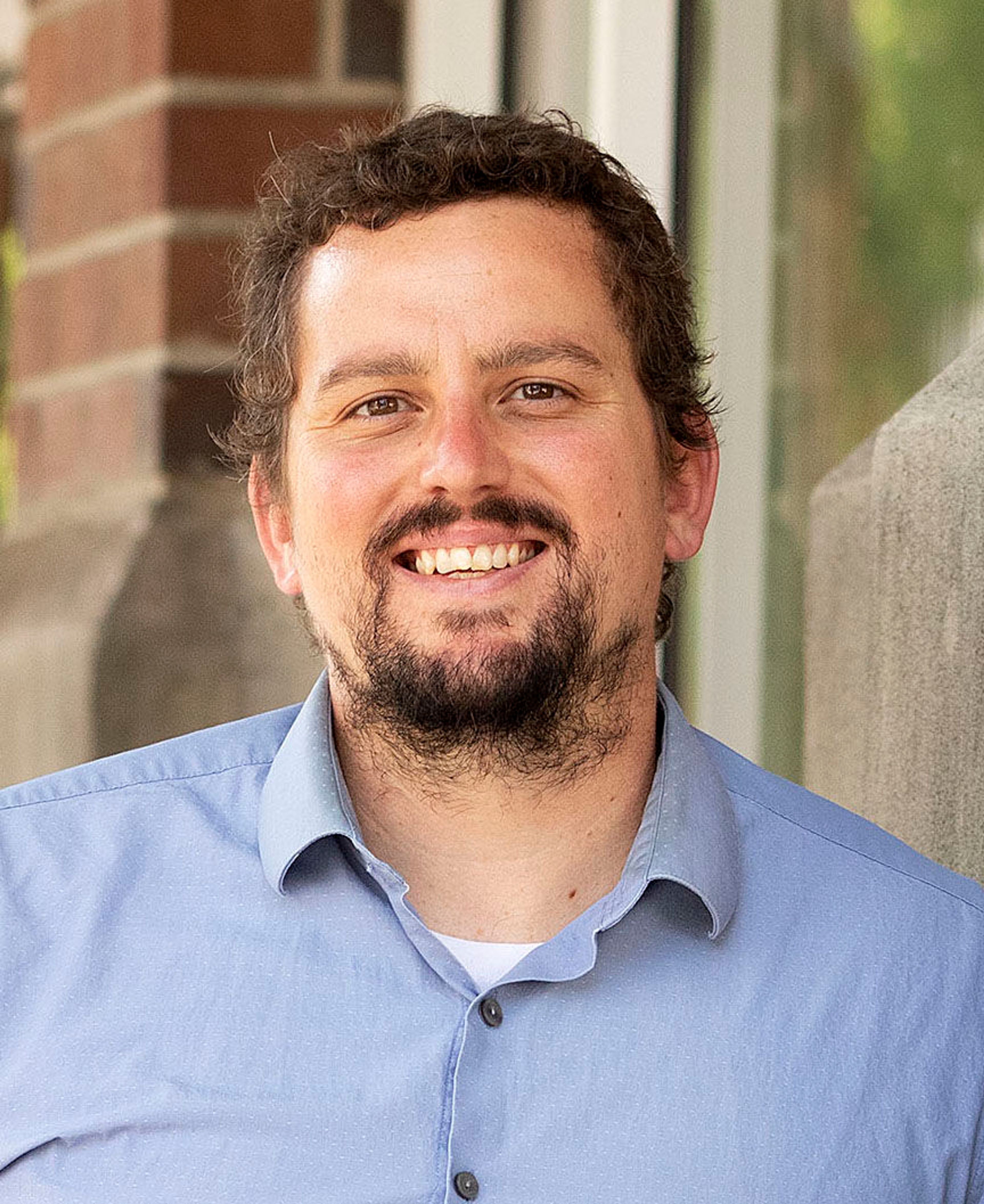Analysis
A nonbinding deadline came and went quietly last week — with the University of Idaho’s $685 million plan to snap up the University of Phoenix still in play, but very much in jeopardy.
There are two big reasons the parties couldn’t close a deal by the May 31 voluntary opt-out date: resistance at the Statehouse, and a slow-walking lawsuit.
That lawsuit will take center stage again next Thursday, when Attorney General Raúl Labrador takes his case against the State Board of Education to the Idaho Supreme Court.
The oral arguments will come 359 days after Labrador first filed his lawsuit, alleging the State Board’s closed-door discussions of a Phoenix purchase violated Idaho’s open meetings law.
No matter what happens in court next week — and how and when the Supreme Court’s five justices decide — the lawsuit has already delayed a purchase that Labrador has openly questioned in some of his previous legal filings.
It will now be tougher, if not outright impossible, for UI to acquire a for-profit university with 85,000 students, a half century’s experience in the online arena, and a litany of reputational problems.
The legal arguments haven’t changed much since last year — back when UI and Phoenix officials expected to close their blockbuster deal by early 2024.
The lawsuit centers on the State Board’s closed executive sessions that preceded its May 18, 2023, approval of the Phoenix deal. The Supreme Court briefs provide a refresher course of sorts.
Labrador challenges the rationale for the closed meetings: the State Board’s claim that it was navigating a bidding war between UI and other suitors.
Those closed-door meetings cut the public out of the process, giving birth to the controversy that plagues the deal now.
“The need for public awareness may never have been higher than with the massive University of Phoenix transaction,” Joshua Turner, Labrador’s chief of constitutional litigation and policy, wrote on May 20.
The State Board’s hired attorneys argue that Ada County District Judge Jason Scott got it right in late January, when he deemed the closed meetings justified. The board’s legal team says the closed meetings served the taxpayers, allowing Idaho to cut its best deal.
“If it was public knowledge that the University of Idaho was negotiating with the University of Phoenix for a purchase price of $685 million … (another entity) could have swooped in and offered $690 million,” Eric Stokes wrote in a May 13 brief.
At its heart, this is a long legal process over government transparency, and obviously I’m not going to downplay the importance of that principle.
But the lawsuit has already tangibly affected the Phoenix purchase, bringing financing to a standstill.
Never mind that Labrador’s team resoundingly lost in Scott’s courtroom. Never mind the plodding trial that was marked by hours of repetitive questioning of State Board members — and a bizarre delay caused when Labrador’s lead attorney simply failed to show up one morning, citing an illness.
And never mind that Scott said Labrador’s office is responsible for $240,000 of State Board legal fees.
Labrador’s team has struggled in court every step of the way, but the lawsuit has kept buyers from issuing bonds to bankroll the Phoenix purchase. Subsequently, the Supreme Court appeal has kept the bonding process on hold for months.
No financing, no purchase.
Whether you like the proposed Phoenix purchase or not — or whether you like Labrador’s litigious modus operandi or not — there is no disputing that this lawsuit is a big reason the Phoenix purchase totters on shaky ground.
As Idaho EdNews reported first last week, Phoenix’s interest in UI could be waning. Apollo Global Management, Phoenix’s owners, has suggested it is willing to continue to negotiate with UI — but Apollo also wants to talk to other would-be buyers.
Apollo and UI have agreed to keep talking through at least the end of June, UI said last week.
Oddly enough, a nonexclusive process might tease out some answers to one of the big recurring questions from Labrador’s lawsuit: Is UI the only serious bidder for Phoenix, or are there others?
The State Board and UI have insisted that Phoenix was a hot commodity all along — even after April 2023, when the University of Arkansas’ board of trustees voted against pursuing Phoenix.
Labrador has suggested that the details about competition were sketchy at best, and something the State Board conveniently used to justify their closed-door meetings.
But a nonexclusive process would also be more of a public process — even if Apollo and Phoenix remain, true to form, tight-lipped about any talks with prospective buyers.
It is now a matter of public record how much UI is willing to pay for Phoenix. Any other bidder knows UI’s ceiling. Stokes’ scenario of a last-minute bidder swooping in with a $690 million offer isn’t out of the question.
The bottom line: It will now be considerably more complicated for UI to close the Phoenix deal.
Both houses of the Legislature went on record in opposition to the purchase in 2024, and there’s no guarantee lawmakers will be any more comfortable with the deal in 2025.
If the Supreme Court sides with Labrador, the State Board might be forced to go through a do-over, and approve the Phoenix deal all over again — and try to figure out a governance structure that would satisfy lawmakers’ concerns.
It should be no surprise that Apollo — a motivated seller anxious to get Phoenix off its books — would want to explore other buyers.
A year of litigation and legislative resistance was probably the last thing Apollo had in mind when it agreed to pursue a sale to UI.
In its desire to move on, Apollo has floated the idea of paying “breakup fees” to help cover the $11 million UI has shelled out for Phoenix due diligence and consulting.
For UI, that wouldn’t be a path forward. Instead, it would be an offramp.
A year ago, an offramp was the last thing UI officials had in mind, as they aggressively pushed and touted the Phoenix megadeal. But a lot has changed since then, and it’s not changing back — regardless of what happens in the Supreme Court.
Senior reporter and blogger Kevin Richert specializes in education politics and education policy. Follow Kevin on Twitter: @KevinRichert. He can be reached at krichert@idahoednews.org.








